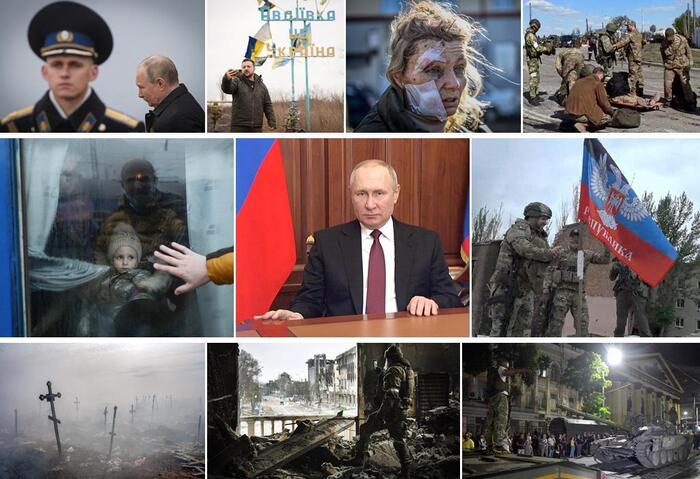There was talk and calculation all night long - but is the European Union one step closer to a solution for its next budget? The forecasts are bleak.
Brussels (dpa) - No agreement has yet been reached in the budget dispute of the European Union at the Brussels special summit.
At the start of the second day of the summit, several heads of state and government expressed pessimism about the opportunities for compromise in the multi-billion dollar budget for the next seven years. Individual discussions continued to look for solutions behind the scenes. The large round table of the 27 countries shifted further and further.
It is about the budgetary framework for the years 2021 to 2027 and more than a trillion euros, which will benefit millions of farmers, local authorities, companies and students, including in Germany. However, the EU countries are divided both in terms of payments and in terms of expenditure. A solution is particularly difficult because the UK contributions are missing after the Brexit.
A compromise proposal by EU Council leader Charles Michel was rejected by Chancellor Angela Merkel and other summit participants on Thursday. Michel then explored compromise lines throughout the night in one-on-one discussions with the 27 EU countries - but without any noticeable movement.
The head of the council will initially not present the heads of state and government with a new plan to resolve the dispute, it said. "You are not working on a modified proposal," the German press agency learned on Friday morning from council circles.
Danish Prime Minister Mette Frederiksen said that another summit in March is likely to be necessary to reach a compromise between the 27 member states. Romanian President Klaus Iohannis said similarly: "Most of us are not very optimistic." Finnish Prime Minister Sanna Marin also said: "It looks very difficult."
Czech Prime Minister Andrej Babis blamed the net situation on paying the EU more money than they can get out of it. "If these countries don't move, we'll hopefully fly back today."
The Netherlands, Sweden, Denmark and Austria went to the summit with a tough stance. They don't want to pay in more than 1.0 percent of their economic output and also insist on premium discounts. Michel suggested 1,074. Germany is also one of the net payers, but went into the negotiations a little more willing to compromise than the so-called economical four.
The Prime Minister of Luxembourg Xavier Bettel, whose country is also one of the net contributors, was particularly disappointed: "I am not in the mood now that we have to calculate how much I am paying here and how much I am to pay back," he said. "I am willing to pay more for this European project." The negotiation situation now looks "not quite rosy", he emphasized.
French President Emmanuel Macron is also pushing against budget restrictions that are too strict because he wants to avert cuts in subsidies for his farmers. He had particularly emphasized this point on Thursday. EU countries in the east and south also want a higher overall framework for the same reason. You get a lot from the structural aid to promote poor regions, the so-called Cohesion Fund. Poland's Prime Minister Mateusz Morawiecki wrote on Twitter that funds for agriculture and regional support are important to him.
Another point of contention is linked to this aid: In future, it should be linked to the rule of law in the recipient countries. Councilor Michel had somewhat mitigated the mechanism provided for this and had thus accommodated the potentially affected countries of Poland and Hungary. This also met with criticism from Merkel.
Even if the EU countries agree, a compromise with the European Parliament is still necessary. That demands a lot more money - namely 1.3 percent of economic output. Parliament President David Sassoli threatened again with a veto on Thursday and described Michel's submission as unacceptable.








/cloudfront-eu-central-1.images.arcpublishing.com/prisa/HIITBIJJ2HQW3PIAKJFZ2ZF5MQ.jpg)





